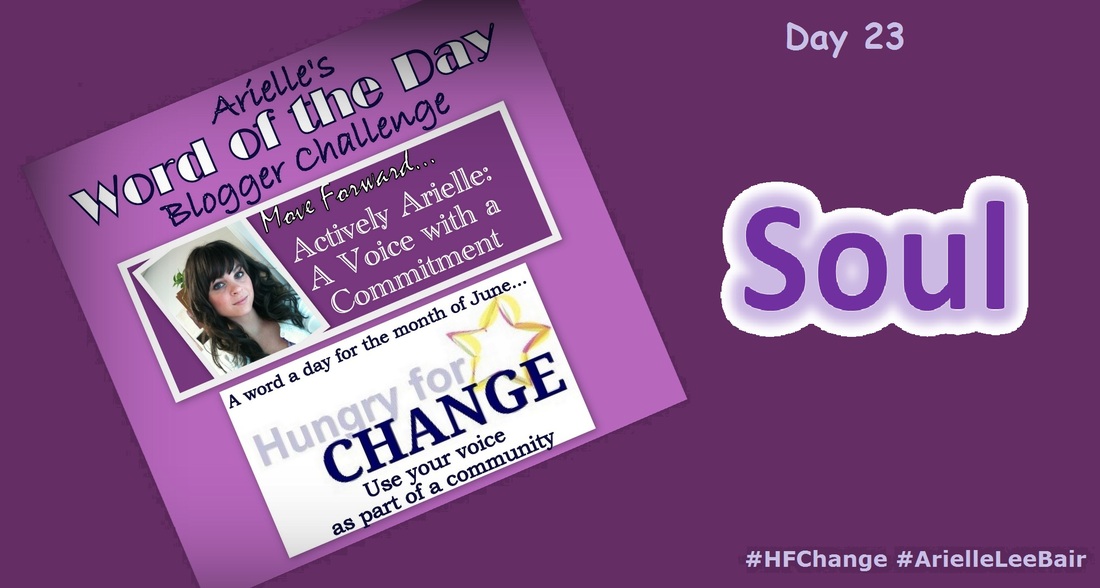Saturday, June 23, 2012
June challenge 23: soul
The word 'soul' makes me think of spirituality. In hospital last year, some of us asked whether it would be possible for the hospital chaplain to run a group on EDs, recovery and our spiritual life. In the UK, it's not possible for nurses and doctors to discuss matters of faith; there are examples of people being struck off or reprimanded for offering to pray with a patient, for example. However, if religion has been an important part of someone's life with their ED, it's vital that issues of spirituality are addressed on the road to recovery. I have made friends of various religious backgrounds through ED treatment: Judaism; Islam; Hinduism; Christianity; atheism; agnosticism.
My own experience is Christian so my writing today will focus on that. For me, there are aspects of Christianity that underline ED thinking, from lines in the Communion service ("We are not worthy to gather up the crumbs from under the table"), the notion of social justice (it's not right for me to participate in a society of vile consumerism while there are people in the world who are suffering), guilt (when we confess to God "the sins we have done and the good we have not done"), etc. Most interestingly for me, as a medievalist, is the history of Christian ascetics, especially women, whose spiritual "excellence" is predicated on their ability to fast. I remember reading the Life of Christina of Markyate for my MPhil. Even though she lived in the first part of the 12th century, I found the account of her life to be triggering: it described in great detail the extent of her restriction and the physical effects on her body. Indeed, there has been research over the past few decades on the notion of "holy anorexia".
For me, my background means that I feel more kinship with the 12th century 'holy anorexics' than with the notion that the fashion industry may be a contributing factor in EDs. I've always had a shaky sense of self worth and I have realised that I internalised a lot of the self-denial and guilt aspects of Christianity as a child. We even sang a song in our children's choir whose chorus went 'Deny yourself, pick up your cross and follow Jesus' (a quotation from Matthew's gospel). Therefore, self denial in all its forms (restriction of food intake, not allowing myself to sit on comfy seats or watch tv, etc) became a way to replace my absent self esteem.
I think that those involved with treatment and recovery, even if they themselves have no experience of religion, need to be conscious that various religious traditions can impact on the way that someone experiences their ED. Without addressing those internalised beliefs, it is hard to make recovery lasting and meaningful.
Subscribe to:
Post Comments (Atom)

No comments:
Post a Comment